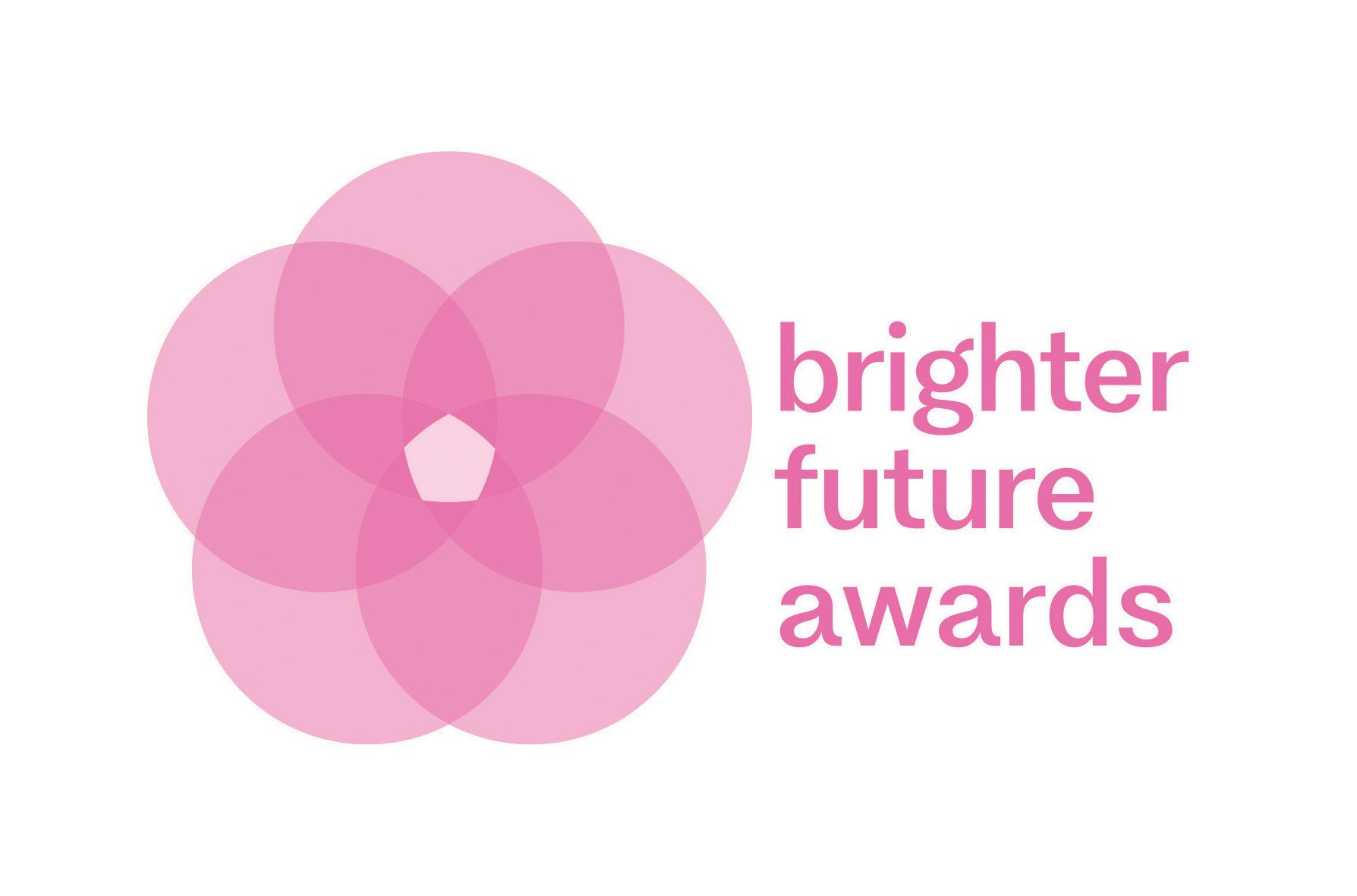ASHLEY WAUGH: ahi: Inspirational Team Member Australasia
“I never give up," declares Ashley Waugh, the winner of the ahi: Brighter Future 2023 Inspirational Leader Award. "I always feel like there's something more we can do.” She speaks to HousingWORKS about what makes her so infallible.
It was effervescence and an enduring can-do-more spirit that made Ashley shine for the awards judges in the Inspirational Team Member category. We all know how challenging the social and affordable housing sector can be, but Ashley faces it all with insurmountable energy and persistence, even when the chips are down.
“In housing, we have our policies and our procedures," she says, "but I think they should be a guide, and there's always more that we can do for someone. We can't just be always saying 'no'. Instead, I ask myself ‘what more can we do’?”
"Seek forgiveness, not permission."
“My boss would always say you should never take 'no' for an answer. So, I will fight until the end. You can say 'no' to me, but I'll find every other way within a policy to make it a 'yes'. I don't take 'no' for an answer,” she states emphatically before putting forward her mantra: Seek forgiveness, not permission.
Admitting to being shocked when her name was read out at both the Queensland and then Australasian awards ceremonies, the intervening period of time has given her pause to reflect on a rewarding professional and personal journey in housing.
“I didn't actually think I was going to win because I heard them reading out a little bit about everyone else and I thought, 'These people are amazing',” she admits. “I think there was one nominee that had been on Channel 9 or The Project or something like that, and I'm like, 'Oh, they're going to win it, for sure – I'm like a little pea in the sea [in comparison]'. And then when my name got called out, I thought, 'What the hell is going on'?”
At the time of the awards, Ashley was employed in a caseworker role with Link Wentworth’s Sustainable Tenancies team. From rent arrears to mental health, to substance abuse and aged care services, she describes her role as ensuring vulnerable tenants were properly supported in maintaining their housing tenure. But it was the work she did supporting women experiencing domestic violence that she believes really caught the attention of her colleagues and the ahi: judges.
“In my work with DV, I was helping women escape, empowering women, walking beside them on these journeys, building rapport and trust with them, and helping them get out of these really serious situations, ensuring they were safe.”
“I would put my heart and soul into every person I helped,” she continues. “I was with one woman who wouldn't get into the ambulance to go to the hospital unless she had her dog with her, so I had to tell the ambos that it was her therapy companion. They popped [the dog] in and off she went. I made so many great relationships with Mission Australia, St Vinny's, various mental health services and the police.”
"I was busting down doors with the police to pull women out. I didn't give up."
A survivor of DV herself, Ashley brings lived experience into working through the effects of the emotional — not just the physical — trauma for women fleeing violence: “I was busting down doors with the police to pull women out. I didn't give up. I would pull women out, put them in an Uber and get them in a hotel. Then we'd go back and pack their stuff up before the partner came back.”
“I was very hands-on, and I just took it to the limit. My boss [at the time] used to have a heart attack about the things I would do,” she laughs.
As confronting as that may all sound, Ashley doesn't hesitate in saying she absolutely loved her job: "I think that's where my attributes come from. I wish when I went through [my personal DV experiences] that I had someone like me that could have guided me through it.”
Now working as a team leader for Link Wentworth, Ashley is helping her colleagues better support their most vulnerable tenants. She says the reason for taking on this challenge was to address what she identified as a serious skills gap within the industry.
"I wanted to introduce more trauma-informed care and mentor tenancy managers... So that's why I'm in tenancy now."
“My lived experience of DV has helped me be able to advocate internally and know what people need, and really push that," she explains. "I wanted to introduce more trauma-informed care and mentor tenancy managers on how best to support tenants in a more trauma-informed space. So that's why I'm in tenancy now.”
“I've created a really beautiful team of tenancy managers too, and we work really well together. If they identify that someone might be in a DV situation, it's me training them on how we approach this, so they’re able to build skills they then pass on to new tenancy managers.”
Ashley’s inspired by the power of change she and her colleagues can affect in the lives of people experiencing homelessness. She describes that inspiration in tangible terms.
"It's about watching people move into housing from homelessness and get their first job."
“It's watching someone that’s been on the streets for 15 years pick up their keys, and then watching them walk into their home when they've lived in a grandstand for 15 years. It's about watching people move into housing from homelessness and get their first job. And they call me saying, ‘Ashley, I've got a part-time job – this is exciting’ or ‘I've been to rehab and now I've got this job’. I think that's what keeps me going and that's what makes me want to do more.”
For Ashley, the most meaningful part of winning the Australasian Inspiration Team Member Award is the impact she hopes it has on her children.
“Personally, me winning this award is everything,” she begins. “I'm a single parent with two children, and this shows them that Mum can have a career and be a mum. My daughter’s a representative netballer now, and she's really driven. I’d like to think that what she learns from me is, if you want something, you’ve got to go for it and not give up.”
The emotions bubble up in Ashley when explaining how important it is to raise kids with solid values — the thing that inspires her the most in her life: “Everything I do is for my kids, and they inspire me every day to be a better person, and to teach them how to be better human beings in a society where people aren't nice.”
“My children know about drugs and alcohol and mental health, and they might see someone in the street that's homeless with mental health [problems] and they're not scared," she continues. "They'll smile and say 'hello' to someone. Just teaching them that kindness and seeing them grow inspires me.”
“Winning this was also a chance to step back and say ‘Wow, look how far I've come’. I was cleaning toilets in 2017 for cash and now I'm standing here winning an Australasian award for helping women escape DV.”
The ahi: Brighter Future Awards will be taking place again in 2025
Other articles you may like

We acknowledge the Wathaurong, Yuin, Gulidjan, and Whadjuk people as the traditional owners of the land where our team work flexibly from their homes and office spaces. Ahi Australia recognises Aboriginal and Torres Strait Islander peoples as the first inhabitants of Australia and the traditional custodians of the lands where we live, learn and work. Ahi New Zealand acknowledges Māori as tangata whenua and Treaty of Waitangi partners in Aotearoa New Zealand.
Copyright © 2023 Australasian Housing Institute
site by mulcahymarketing.com.au





